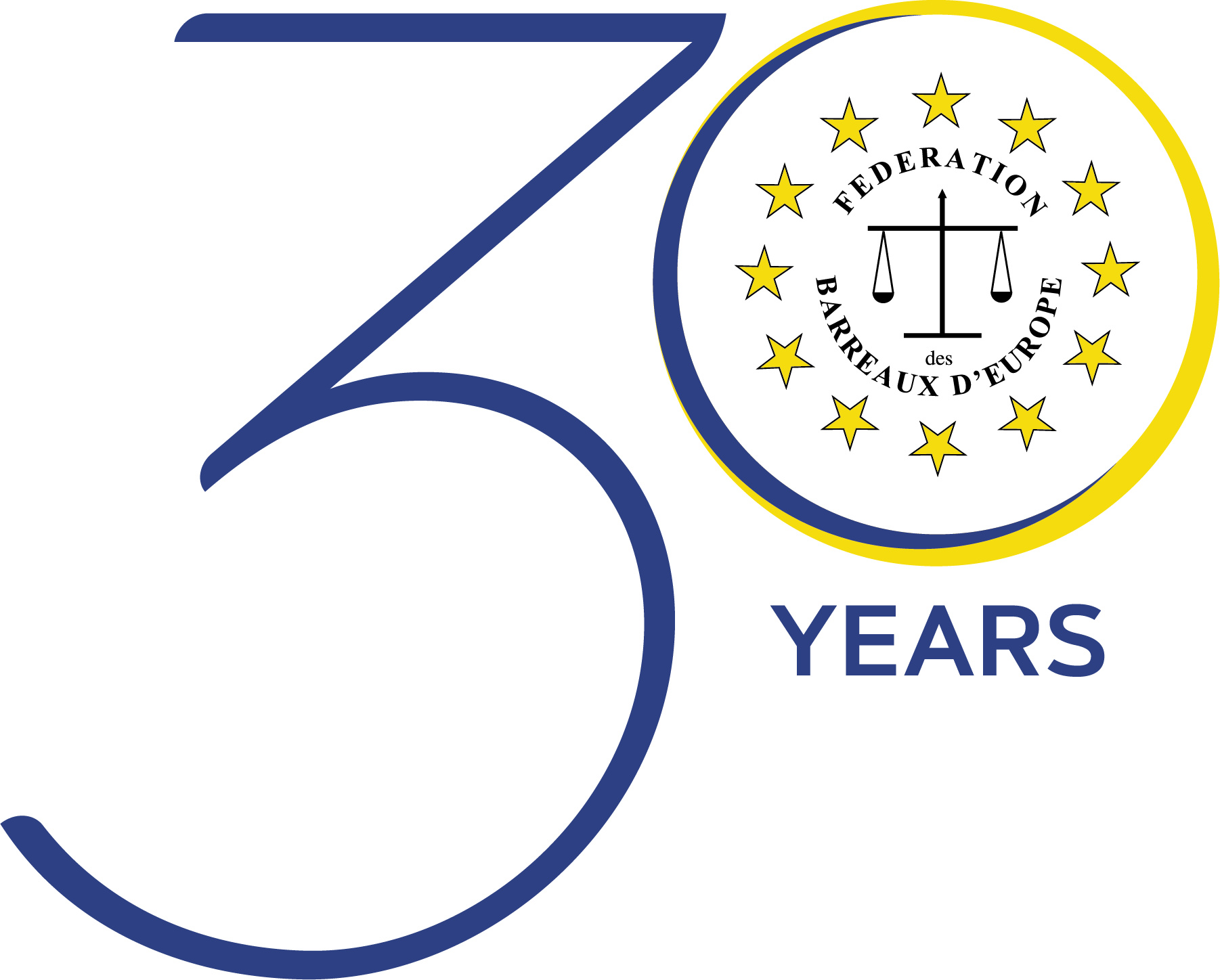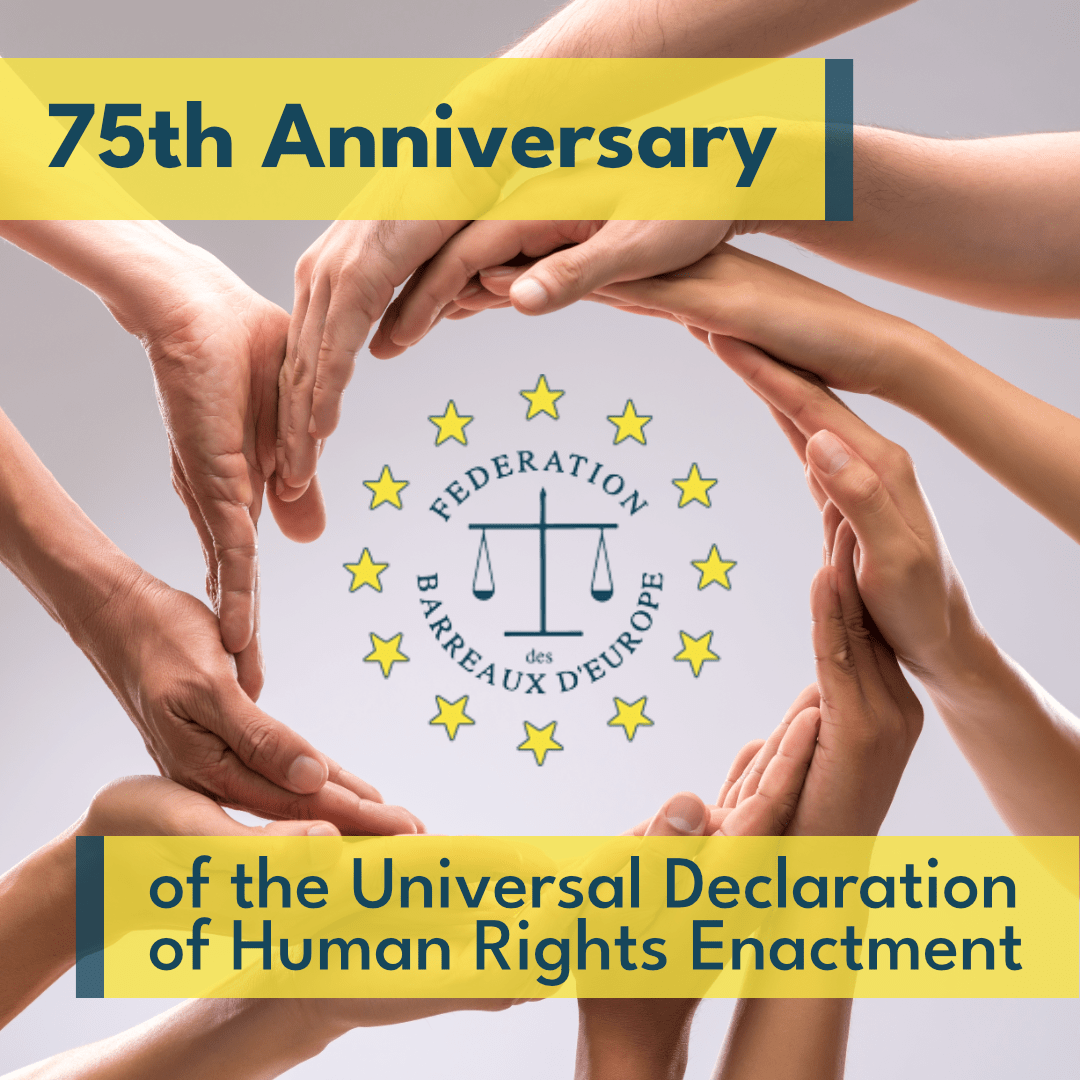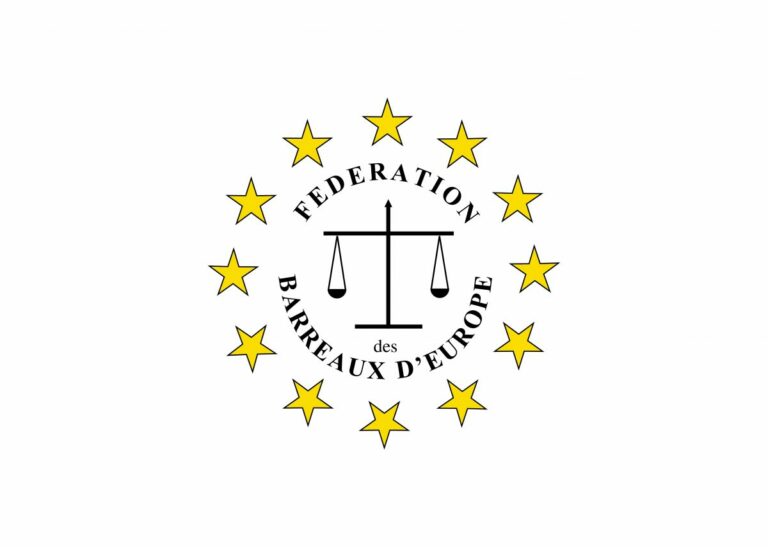As we approach the 75th anniversary of the Universal Declaration of Human Rights enactment, we should take a closer look at its history and influence. For the UDHR to still be valid after 75 years (and still be so influential) is a big step in legislation! The FBE and many other international organizations celebrate this day as a formal beginning of the better future for all the generations to come.
In the aftermath of a brutal and tiring World War II, the partaking countries understood very well the need to regulate universally the matter of human rights protection – and so, on December 10th, 1948, the Universal Declaration of Human Rights (UDHR) was enacted. This resolution aimed to prevent the horrors of war from ever reaching this extent again.
This creation of the United Nations was adopted unanimously (at the time with the exception of countries under Soviet influence, Saudi Arabia and South Africa) as a “common standard of achievement for all peoples and all nations.”
Throughout the years following the passing of the UDHR it has been applied to actively fight for freedom of speech, fight against both racial and gender discrimination, as well as to gain open access to opportunities and education – among many others. Furthermore, since then the United Nations “have pushed the frontiers in medicine, technology, the environment, social and political expression, economic and labour laws, and more”. The worldwide impact of the UDHR cannot be denied, as it has developed constantly and since its enactment, has been signed by many new countries.
In recent years, it is especially important to delve into the subject and take the act itself into greater consideration. In the wake of the War in Ukraine and Israeli-Palestinian Conflict in Gaza, the War in Sudan, and the ongoing Ethiopian Civil Conflict, in times when war seems to be unavoidable, it is important to educate new generations and spread awareness of the aftermath of armed conflicts. The UDHR lays a path to the humanitarisation of war, aiming to guard civilians and regulate methods of war, as to avoid unnecessary cruelty.
It seems, it should be natural to equally give and receive mutual respect from another human being. With each year, the UDHR takes action toward the realization of that goal.
The UDHR has obviously been updated to fit into modern times, yet the basics of it remain untouched – that being not only entitlement to respect from birth, but most importantly – entitlement to simply live.
The 75th anniversary of the UDHR is also a unique occasion to recognize the FBE’s contributions to upholding and advancing human rights, especially in the context of legal representation and advocacy.
The FBE actively works to protect lawyers who face threats and challenges due to their professional activities. By highlighting cases of endangered lawyers, the FBE brings international attention to their plight, applying pressure on governments and institutions to ensure their safety and the respect of their professional duties.
Furthermore, the FBE’s advocacy goes beyond individual cases. It contributes to the broader dialogue on the importance of an independent legal profession as a cornerstone of a functioning democracy and a protector of human rights.
This role is essential, especially in times of political unrest, conflict, or authoritarian governance, where legal professionals often face increased risks.
Therefore, as we commemorate the 75th anniversary of the UDHR, the role of organizations like the FBE is indispensable. Their work in defending endangered lawyers not only upholds the spirit of the UDHR but also ensures the ongoing fight for human rights is grounded in legal advocacy and the protection of those who champion these causes.



